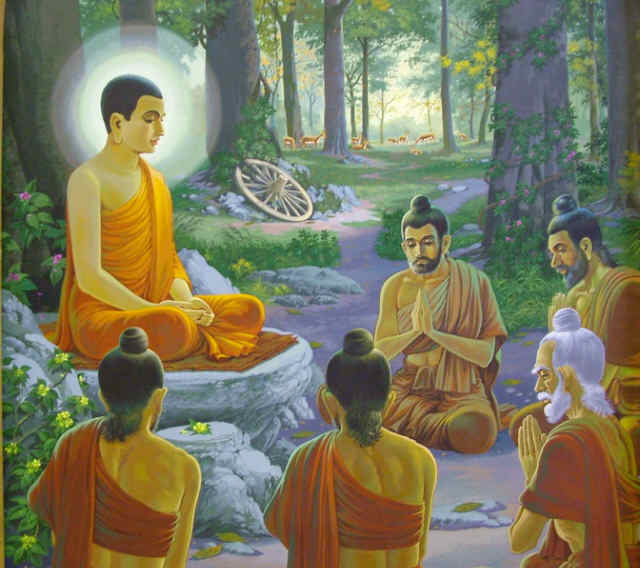The Story of Bhikkhu Bahubhandika

Verse 141: Not going naked, nor having matted hair, nor smearing oneself with mud, nor fasting, nor sleeping on bare ground, nor covering oneself with dust, nor striving by squatting can purify a being, who has not yet overcome doubt.
The Story of Bhikkhu Bahubhandika
While residing at the Jetavana monastery, the Buddha uttered Verse (141) of this book, with reference to Bahubhandika, a bhikkhu with many possessions.
Once there was a rich man in Savatthi. After the death of his wife, he decided to become a bhikkhu. But before he entered the Order, he built a monastery, which included a kitchen and a store room. He also brought his own furniture, utensils and a large stock of rice, oil, butter and other provisions. Whatever dishes he wanted was cooked for him by his servants. Thus, even as a bhikkhu he was living in comfort, and because he had so many things with him, he was known as ‘Bahubhandika.’ One day, other bhikkhus took him to the Buddha, and in his presence told the Buddha about the many things he had brought along with him to the monastery, and also how he was still leading the luxurious life of a rich man. So, the Buddha said to Bahubhandika, “My son, I have been teaching all of you to live an austere life; why have you brought so much property with you?” When reprimanded even this much, that bhikkhu lost his temper and said angrily, “Indeed, Venerable Sir! I will now live as you wish me to.” So saying, he cast off his upper robe. Continue reading















